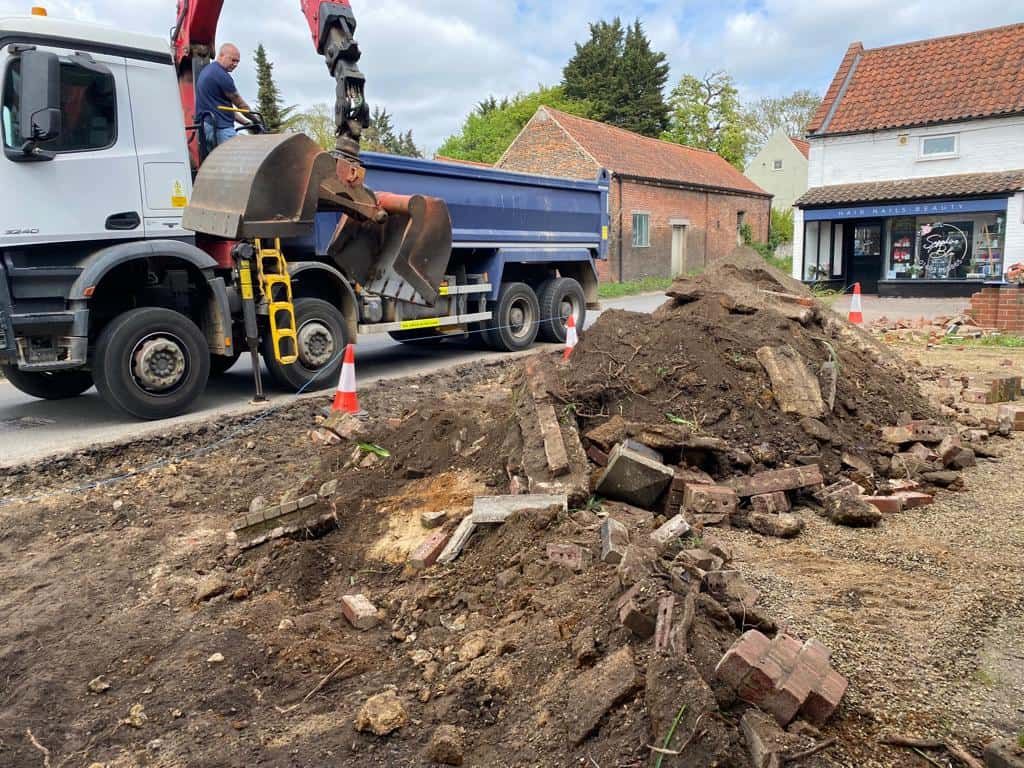Connecting the Countryside: Tarmac Farm Roads Improve Connectivity in Remote Areas
Introduction: In the heart of rural landscapes, where agricultural activities thrive and communities flourish, reliable transportation infrastructure is paramount. Tarmac farm roads are often overlooked but essential in improving connectivity and accessibility in remote areas. These roads facilitate the movement of goods, equipment, and personnel and contribute to economic development, environmental sustainability, and community well-being. This guide will explore how tarmac farm roads transform connectivity in remote areas and why they are crucial for rural development.
Enhancing Accessibility:
Remote areas often face challenges in terms of accessibility due to rugged terrain, unpredictable weather conditions, and limited transportation options. Tarmac farm roads provide a durable and reliable transportation network that enables farmers, residents, and businesses to access markets, services, and amenities more easily. By connecting isolated communities to major roads and transportation hubs, tarmac farm roads reduce travel times, transportation costs, and logistical challenges, enhancing overall accessibility and mobility in remote areas.
Supporting Agricultural Productivity:
In rural areas where agriculture is the primary economic activity, tarmac farm roads support agricultural productivity and efficiency. These roads provide farmers with reliable access to their fields, enabling timely planting, harvesting, and transporting crops and livestock. By reducing the risk of delays and disruptions caused by muddy or impassable roads, tarmac farm roads help farmers optimise their operations, increase yields, and improve their overall livelihoods.
Promoting Economic Development:
Tarmac farm roads catalyse economic development in remote areas by facilitating trade, commerce, and investment. Improved connectivity attracts businesses, industries, and investors to rural areas, creating job opportunities, stimulating economic growth, and diversifying local economies. Moreover, tarmac farm roads open new markets for agricultural products, expand access to essential services such as healthcare and education, and attract tourists and visitors, generating revenue and fostering prosperity in rural communities.
Protecting Environmental Resources:
In addition to their economic benefits, tarmac farm roads contribute to environmental sustainability by reducing soil erosion, preserving natural habitats, and minimising the environmental footprint of transportation activities. By providing a stable and all-weather surface, tarmac farm roads minimise disturbances to soil and vegetation, prevent runoff and sedimentation in waterways, and support sustainable land management practices. Furthermore, by promoting efficient transportation and reducing vehicle emissions, tarmac farm roads help mitigate the impact of transportation-related pollution on air quality and climate change.
Improving Community Connectivity:
Beyond their practical utility, tarmac farm roads serve as lifelines that connect people, communities, and cultures across vast rural landscapes. These roads facilitate social interactions, exchange of ideas, and collective action, strengthening social cohesion and community resilience. Tarmac farm roads enable residents to access essential services, participate in community events, and engage in civic activities, fostering a sense of belonging and pride in rural communities.
Conclusion: Tarmac farm roads are essential infrastructure assets that are critical in improving connectivity, enhancing agricultural productivity, promoting economic development, protecting environmental resources, and strengthening community connectivity in remote areas. By investing in constructing and maintaining tarmac farm roads, governments, organisations, and communities can unlock the full potential of rural landscapes, empower residents, and create a brighter future for future generations. As we continue to navigate the challenges and opportunities of rural development, tarmac farm roads will remain essential pathways that connect rural communities to the world and each other.
Call us on: 01379 778 393
Click here to find out more about Harleston Driveway Installers
Click here to complete our contact form and see how we can help with your driveway needs.

